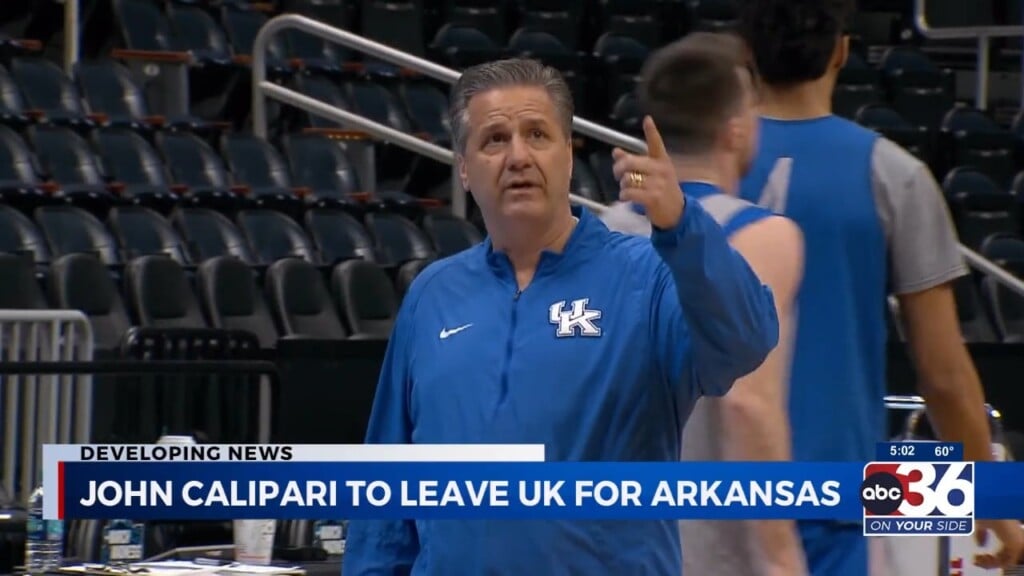CAN MILLENNIALS LIVE THEIR BEST LIVES?
Doug: There are a lot of assumptions that millennials only live in the moment. But a new Fidelity Investment study debunks that. It turns out that millennials are balancing their current health and happiness with their future financial stability.
Joining us with more on the study and with information on how to strike that balance when it comes to our money habits, Kelly Lannan, she’s the director of young investors at Fidelity. Kelly, thanks for joining us.
Kelly: Yes Doug, thank you for having me.
Doug: Now this, your new research, it focuses on how millennials address their finances. Why are we looking at this group in particular?
Kelly: Yeah, so at Fidelity we’re actually committed to helping people of all ages understand the choices they have when it comes to their money. Millennials are currently the largest generation in the US workforce, and we understand how important this segment is to the financial services industry. So for these reasons, among many others, we really felt like this group was a natural fit for this research.
At Fidelity, people typically look at us as someone who can help them with their retirement, and those longer term goals. And that’s great, because we are, and we’re really proud of that fact. But we do offer so much more. So for those young adults that are just starting out, we have tools that can help them establish a budget, pay down their student debt faster, and even evaluate a future job opportunity.
Doug: Well this is great, great news. Could have used some of this back in my day.
What are millennials saying about managing their money according to the study?
Kelly: Yeah, so in this study, millennials actually had a lot of positive things to say about managing their finances. And this may come to a surprise to some, because there are a lot of misconceptions about this generation. I mean, personally I hear it all the time. “You millennials only live in the moment,” or “You millennials don’t care about your future.” But this new research actually debunks that. And this is a group that does care about their current health and happiness, but is very mindful about their future financial stability.
In fact, 66 percent of millennials told us that saving for their future is just as gratifying to them as treating themselves today.
Doug: This is encouraging, especially given that they’re going to be taking care of us in a few years. So can you explain some of the opportunities that millennials have to improve their financial situation?
Kelly: Yeah, and this is actually an interesting one, because we found that 57 percent of millennials do have some sort of investment account. However, less than 10 percent of millennials consider themselves to be an investor. They’re viewing themselves more as a saver. So many are taking the opportunity of investing to help grow their money, but they’re really not seeing it that way.
So partially it’s about just helping to shift that mindset, but also educating this group on the benefits of investing for those longer term goals, and for your future.
Doug: So what steps can they take to make sure that they’re on track?
Kelly: Yeah, and this is a great question. We actually boiled it down to four. So the first is set your goals. So think about those financial goals and create a plan to help you achieve them.
The second is practice mindful spending. We all live lives that align with our priorities and value, and if you think about it, that’s how we should be spending our money as well. Fidelity’s budgetary guidelines actually recommend that about 30 percent of your paycheck can go to these discretionary expenses. So take a look at those dollars and really make sure you’re spending on the things that truly make you happy.
Now number three, this is an important one. And this is about setting boundaries. Now it’s human nature to compare ourselves to our peers and others. And according to our research, 20 percent of millennials said it was that fear of missing out, the FOMO, that was causing them to splurge. Digging even deeper, over 60 percent of millennials said that social media had a very negative influence on their financial well-being. So Doug, to put it bluntly, the FOMO is real. And we get it, social media can be a distraction for people of all ages, especially given how connected we all are. But you must stick to those goals, and like we already talked about, spend money on the things that are making you, and you alone, happy.
And the fourth is never hesitate to ask for help. Whether you’re someone who may just be starting out, or possibly someone who may have veered off track, turn to those close friends, family members, or partners to help get you back on that right path.
Doug: Makes all the sense in the world. This non-millennials’ learned a thing or two with this interview, much appreciated.
These tips and these tools, where can we find them?
Kelly: Yes. Check out fidelity.com/stack for additional tips.
Doug: All right, Kelly, thank you and your firm. Much appreciated.
Kelly: Thank you Doug, have a good rest of your day.
Doug: We’re back with more Good Day Kentucky, right after this.




Leave a Reply